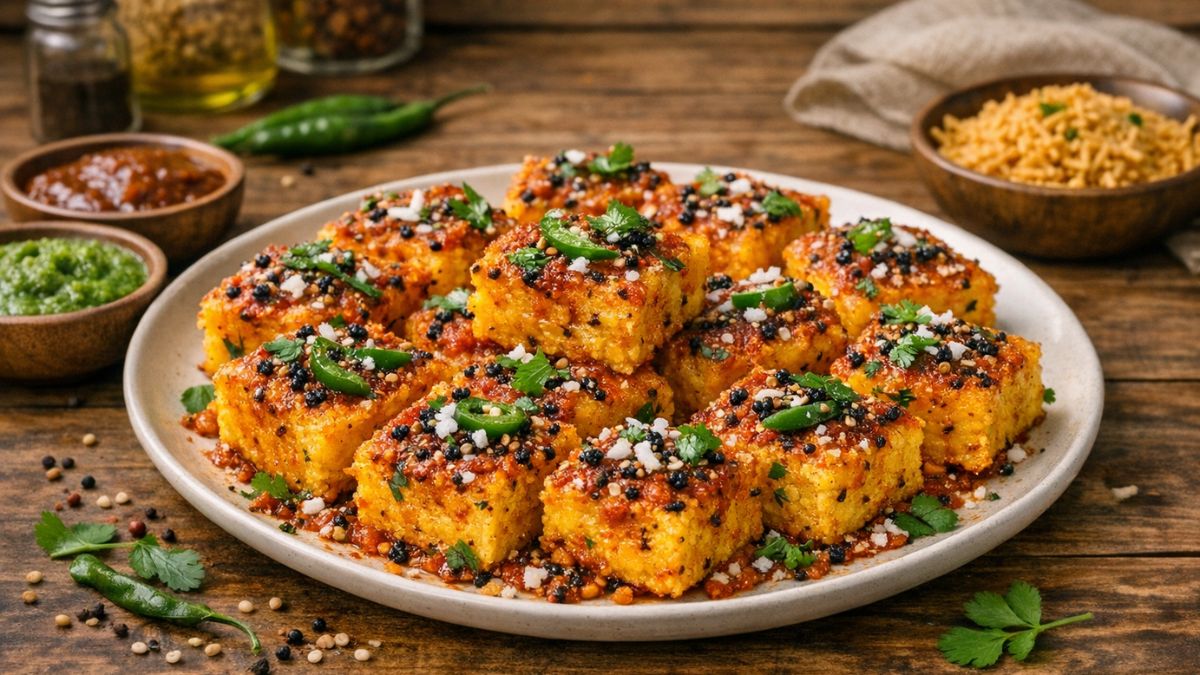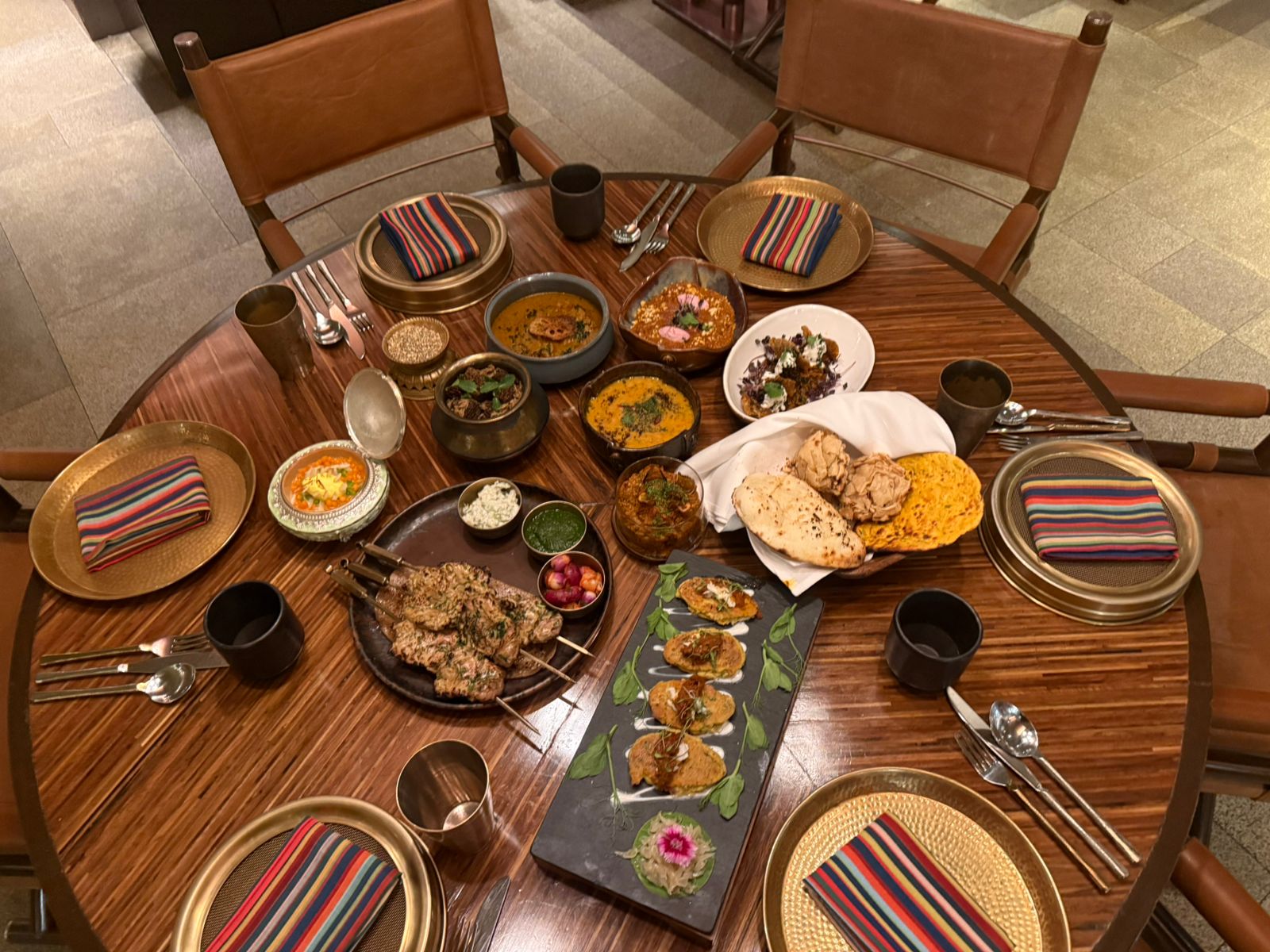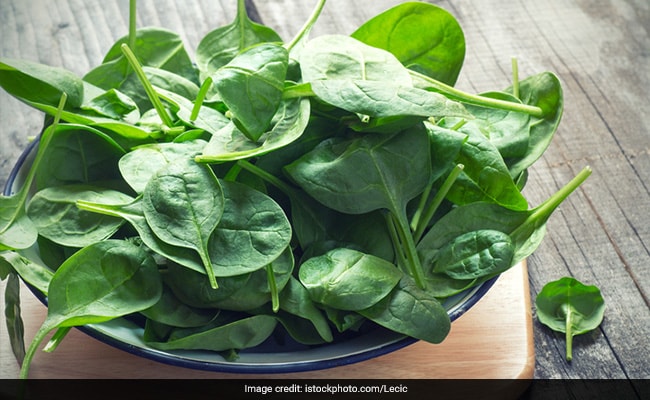Aren't you loving the monsoon showers? So, are we! What a delightful respite it has been from the scorching summers. We are also sure that you are enjoying the indulgences that go hand-in-hand with the weather. Tea, pakodas, samosas and bhuttas are some monsoon staples we can never get enough of. But, here's something that would make you think twice before reaching out to the next batch of pakodas. According to experts, monsoons are a time when our immune system is weak. The excess of moisture in the air make it perfect for bacteria and microorganism to breed. Moreover, our metabolism tends to slow down, which hampers our ability to process foods. With a sudden change in the air, our immunity level falls and one is susceptible to several diseases associated with the monsoon season like cold and flu, throat infections.
Therefore, monsoons are not really the perfect weather to dig in to your cravings. In fact, it is the weather where you should eat light, homemade food and steer clear from heavy junk food. Drinking fortifying soups, eating cooked food and supplementing your diet with fibre-rich veggies is a good way to battle the monsoon woes. But, you would be surprised to know that not everything healthy by the book is particularly the best pick to be included in your monsoon diet. Eating omega-3 fatty acid-rich fish is not advisable during monsoon, neither are vitamin D-rich mushrooms. Leafy greens like spinach, kale and cabbage are also often under the radar of many experts who list it amongst the "foods-to avoid" during monsoon. Shocking, right? Packed with a range of healthy vitamins, minerals and antioxidants, these leafy greens are some of the healthiest additions you can make to your diet otherwise, so what is it about the season that makes them 'avoidable'? Let's find out.
(Also Read: Is It Safe To Have Mushrooms In Monsoon? Here's The Answer)
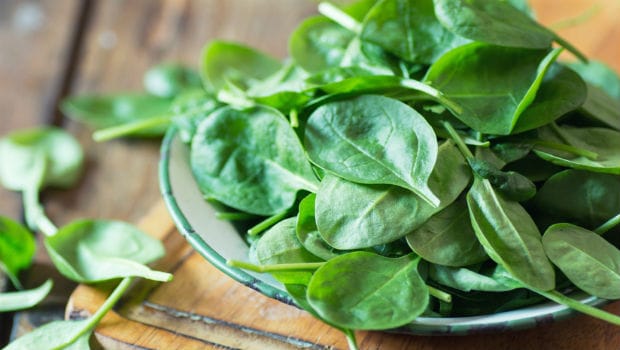
Leafy greens are likely to get contaminated during the rainy season
Consultant nutritionist, Dr. Rupali Datta, agrees, "It is easy for raw green leafy veggies to get infected during monsoon. But, you need not rule them out completely from your diet. A lot of what you eat and its effect on your body depend on a couple of factors. You must not have them outside, as you do not know what quality of greens they have used. It is essential to wash your greens thoroughly and rigorously during monsoon. Eat cooked veggies; cooking involves heat, which ensures that the bacteria and germs that may have infected the veggie are dead."
(Also Read: 5 Incredible Cauliflower Benefits: From Reducing Cancer Risks to Brain Health)
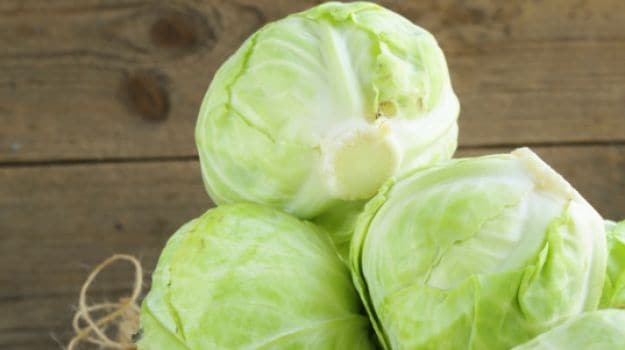
Monsoons are the perfect time for breeding of various microbes and bacteria
Macrobiotic nutritionist and health practitioner, Shilpa Arora, shares with us how most of the produce gets damaged too, which is why you should only buy greens from trusted stores. She says, "Leafy veggies are often damaged due to rains, which is why you do not get too many of them around. The ones that you do are perhaps the last of the stock that survived. This is the time when bacteria and grime grows on these plants, which may lead to severe stomach infection and diarrhoea, if not cleaned well. I would recommend to cook and consume root vegetables like pumpkins, lauki (bottle gourd), and tinda, and have them in soothing veg stews."
As they rightly say, "prevention is better than cure." If this monsoon, you are planning to eat your leafy greens, make sure they are cleaned and cooked well.
Happy Monsoons, everybody!
About Sushmita SenguptaSharing a strong penchant for food, Sushmita loves all things good, cheesy and greasy. Her other favourite pastime activities other than discussing food includes, reading, watching movies and binge-watching TV shows.

